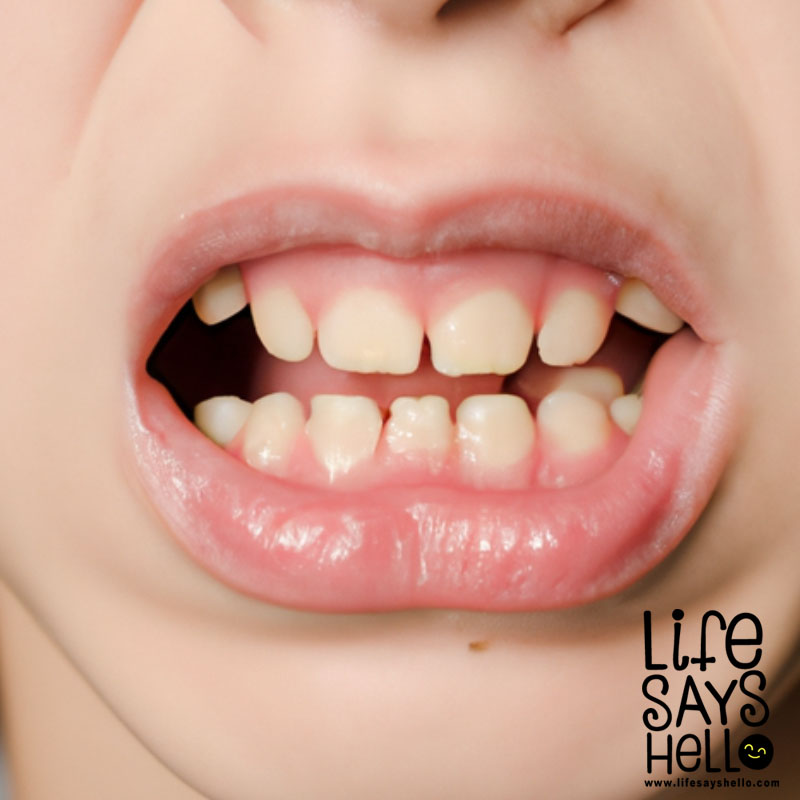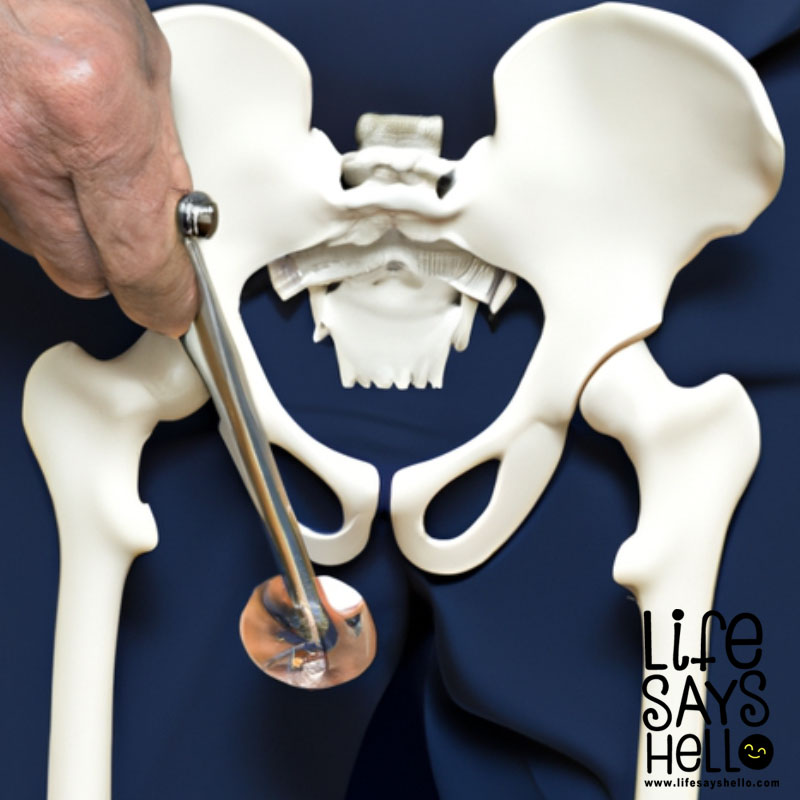Are Sinus Infections Contagious? A Comprehensive Guide on the Transmissibility of Sinus Infections

Sinus infections are a common condition that affects millions of people worldwide. It is characterized by inflammation of the sinuses due to a viral, bacterial, or fungal infection. One of the concerns of individuals suffering from a sinus infection is whether it is contagious or not.
This guide will provide a comprehensive overview of the transmissibility of sinus infections, focusing on the types of sinus infections, modes of transmission, and preventive measures.
Types of Sinus Infections
There are different types of sinus infections, and their transmissibility varies. The three main types of sinus infections are:
Acute Sinusitis: This type of sinus infection is caused by a viral or bacterial infection. It typically lasts for a short period and can clear up on its own or with treatment within two to three weeks.
Chronic Sinusitis: When the symptoms of acute sinusitis last more than 12 weeks, it is classified as chronic sinusitis. This type of sinus infection can be caused by a viral, bacterial, or fungal infection and can be challenging to treat.
Recurrent Sinusitis: If an individual experiences multiple episodes of acute sinusitis within a year, they are said to have recurrent sinusitis.
Modes of Transmission
The modes of transmission of sinus infections differ depending on the cause of the condition.
Viral Infections: Viral sinus infections are highly contagious and can be transmitted through direct contact with an infected person. The virus spreads through the air when the infected person coughs, sneezes, or talks.
Bacterial Infections: While bacterial sinus infections are not as contagious as viral infections, they can still spread through direct contact with an infected person’s nasal discharge or saliva.
Fungal Infections: Fungal sinus infections are not contagious and cannot be transmitted from person to person.
Preventive Measures
The best way to prevent sinus infections from spreading is to practice good hygiene and take preventive measures. Here are some ways to prevent the spread of sinus infections:
Wash your hands regularly with soap and water for at least 20 seconds.
Use hand sanitizer when soap and water are not available.
Cover your mouth and nose with a tissue or your elbow when you cough or sneeze.
Avoid close contact with people who are sick.
Stay home if you are sick.
Clean and disinfect frequently touched surfaces such as doorknobs, countertops, and keyboards.
Use a humidifier to keep the air moist.
Treatment for Sinus Infections
The treatment for sinus infections depends on the cause of the condition.
Viral Sinus Infections: Viral sinus infections usually clear up on their own within two to three weeks. Treatment focuses on managing the symptoms, such as pain, congestion, and fever, with over-the-counter medications such as acetaminophen and ibuprofen.
Bacterial Sinus Infections: Antibiotics are typically prescribed to treat bacterial sinus infections. The length of antibiotic treatment may vary depending on the severity of the infection.
Fungal Sinus Infections: Fungal sinus infections are treated with antifungal medication.
Conclusion
In conclusion, the transmissibility of sinus infections varies depending on the cause of the condition. Viral and bacterial sinus infections are contagious, while fungal sinus infections are not.
The best way to prevent the spread of sinus infections is through good hygiene and preventive measures such as washing your hands regularly, covering your mouth and nose, and avoiding close contact with sick people.
If you suspect that you have a sinus infection, it is essential to seek medical attention to determine the cause and receive appropriate treatment.




Comments